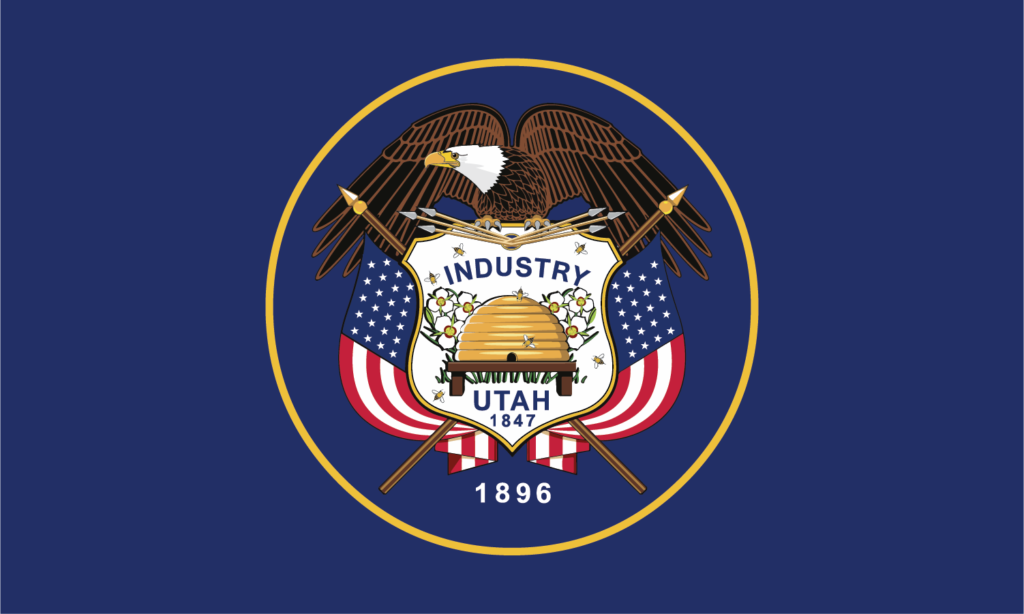
By Ray Williams
Utah’s Department of Commerce issued a 2018 legislative brief that includes a comprehensive and proactive approach to reducing occupational licensing constraints and barriers. Utah is part of CSG’s occupational licensing project, which includes an 11-state consortium that includes Arkansas, Colorado, Connecticut, Delaware, Illinois, Indiana, Kentucky, Maryland, Nevada, Utah and Wisconsin.
CSG started the occupational licensure project in partnership with the National Conference of State Legislatures and the National Governors Association. Project funding is supported through a $7.5 million grant from the U.S. Department of Labor, or DOL. The DOL project scope focuses on target populations of military spouses and children, immigrants with work authorization, people with criminal records, and unemployed and dislocated workers.
Each state selected their choice of occupational licensure focus from the DOL’s list of 34 target occupations and drafted an action plan detailing their overall strategies in achieving project performance goals. The DOL’s projects goals are:
- To improve their understanding of occupational licensure issues and best practices
- To examine existing licensing policies in their state
- To identify current policies that create unnecessary barriers to labor market entry
- To create an action plan that focuses on removing barriers to labor market entry and improves portability and reciprocity for select occupations
The Utah Division of Occupational and Professional Licensing, or DOPL, is in a continuous effort to minimize unnecessary regulation while promoting public safety and commerce. The 2018 general session passed several laws detailing their accomplishment of both DOL project goals and their own mission.
Military Families
H.B. 170 Licensing Fee Waiver Amendments
License fee waivers for full-time active duty service members of the U.S. Armed Forces, National Guard and Reserve.
S.B. 227 Licensing Standards for Military Spouses
Expands exemption from licensure for military spouses to include all licensed professions within the state.
S.B. 60 License Hold for Military Service
Authorizes fee waivers associated with renewal of an inactive license for members of the U.S. Armed Forces, National Guard and Reserve.
Reducing Regulation
H.B. 37 Occupational and Professional Licensing Amendments
Modifies and reduces required training, exams, experience and hours of training for various occupations with minimal impact on public safety; removes nonviolent felony restriction for nursing professionals to a case by case basis.
H.B. 310 Professional Licensing Amendments
Reduces licensing fees for contractors and repeals the Lien Recovery Fund leaving the State Construction Registry Program as a single point for oversight of lien law.
H.B. 63 Cosmetology an Associated Professions Amendment
Allows required exams to be administered in applicant’s native language.
S.B. 15 Environmental Health Scientists Act Amendments
Allows nonaccredited programs to qualify for education requirements when both programs are substantially equivalent.
S.B. 197 Private Security Amendments
Significantly reduces required training and education for licensing.
H.B. 200 Dentists Licensing Amendments
Removes artificial barriers and expands the list of regional dental clinical license exams accepted.
Facilitating Worker Mobility
H.B. 37 Occupational and Professional Licensing Amendments
Modifies language to allow for expanded implementation of multistate licensure compacts.
H.B. 173 Occupational Licensing Requirement Amendments
Expands licensure endorsement requirements to create a pathway for work experience minimums and competency requirements.
Transparency and Public Accountability
S.B. 223 Utah Health Care Malpractice Act Amendments
Requires DOPL to compile and study information related to medical liability to ensure intent of act for both patients and providers.
H.B. 37 Occupational and Professional Licensing Amendments
Reduces required licenses for membership of the Hunting Guides and Outfitters Licensing Board.
This workforce product was funded by a grant awarded by the U.S. Department of Labor’s Employment and Training Administration. The product was created by the recipient and does not necessarily reflect the official position of the U.S. Department of Labor. The Department of Labor makes no guarantees, warranties, or assurances of any kind, express or implied, with respect to such information, including any information on linked sites and including, but not limited to, accuracy of the information or its completeness, timeliness, usefulness, adequacy, continued availability, or ownership. This product is copyrighted by The Council of State Governments.